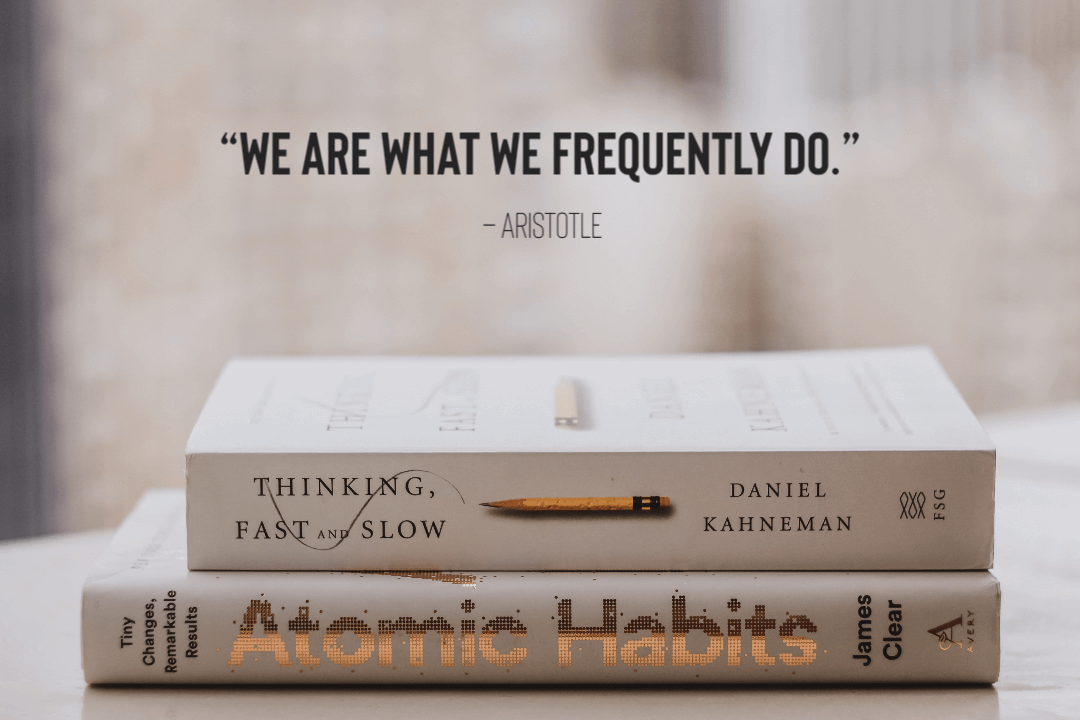I recently participated with Mike Bellafiore of SMB Capital in an excellent conference organized by TraderLion. The topic of our presentation, which you can watch via video, was trader development: the best ways of improving our performance in financial markets. Here are a few key ideas that we touched upon in the session:
1) Your niche in markets has to be discovered - Only by experimenting in different markets, on different time frames, with different sources of information can you figure out what makes sense to you and what you are good at. In medical school, students rotate through various clinical services, such as internal medicine, surgery, psychiatry, and family medicine, to experience those specialties first hand. It is only after experiencing all the major areas of medicine that students make a decision about specializing in a particular area during their residency training. Similarly, if you're learning markets, you want to try out various "specialties" and discover your potential niche. Many times, developing traders are so eager to make money that they place their capital at risk right away and try to emulate what they hear from would-be gurus. That is not how expertise development works. Trading various ways in simulation mode and with small size allows you to discover who you are and what works for you before you run through your capital. Because markets are always changing, we must always develop as traders and return to the modes of discovery and learning.
2) Learning trading is a team sport - There is a reason successful trading firms such as SMB and essentially all successful hedge funds are organized in team structures. A team leader is an experienced, successful trader who creates a group of more junior traders to assist in the trading process. The junior members bring unique skills to the team and track opportunities as they arise. The team leader benefits from the input of team members and serves as a mentor to them, showing them in real time how their ideas are translated into trades and managed as positions. As a result, the most important learning occurs at the desk, seeing markets and ideas and trading in real time. The saying in medical school is "each one teach one". In a successful team, everyone learns from one another. And if you're an independent trader? Your challenge is to network with other independent traders who are traversing their learning curves. This is where trading communities and trading conferences can be particularly helpful. Share your best ideas online and you'll find that others with good ideas will reach out to you. That is the start of the kind of teamwork that accelerates learning and development.
3) Learn from your strengths - Particularly if you're an experienced trader looking to develop your expertise, you want to study what you do best and where your successes have come from. Research in psychology points to the "flow state" as a unique state of consciousness that occurs when we are immersed in activities that provide optimal challenge and interest. It is in the flow state that we are most productive, and the flow state fuels our creativity, broadening our perception and helping us detect unique opportunities. The exercise of our strengths creates the flow experience, so that when we're absorbed in trading in rewarding, meaningful ways, we are most likely to be tapping into the best of us. When we work in teams with others who have different strengths but who also tap into their flow modes, we find work to be energizing and inspiring--not something that burns us out.
What we do frequently, we absorb. If we pursue trading the wrong way and create frustrations, we absorb a frustrated mindset. If we engage trading as an adventure--an opportunity to discover who we are and what we do best--our trading can enrich our lives in many ways and provide a lasting experience of fulfillment.
.
